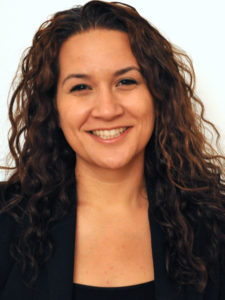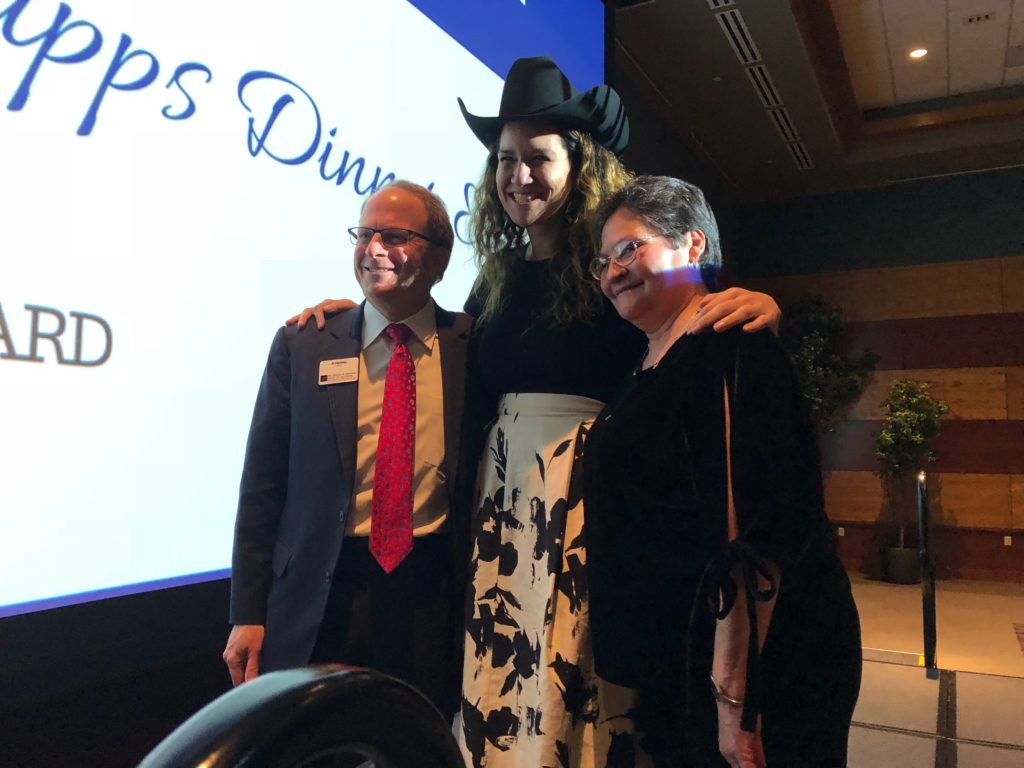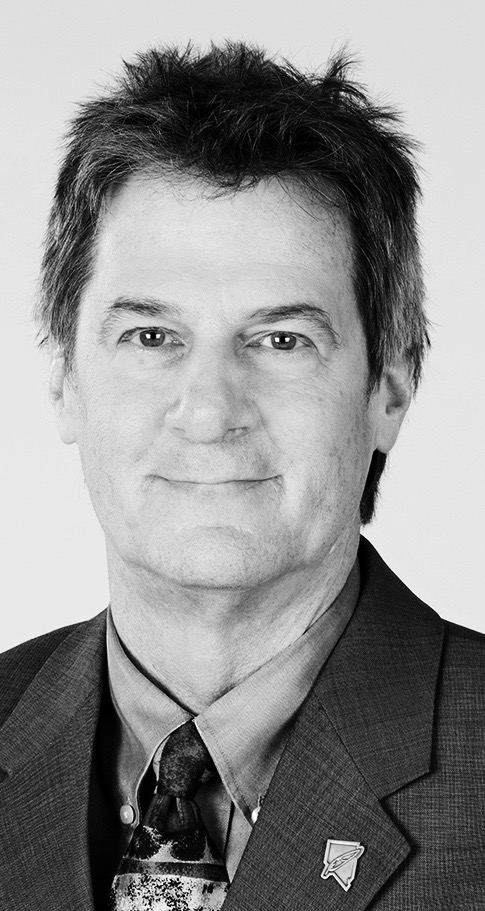Leila Fadel had just moved to Las Vegas when breaking news interrupted her regular beat.
In fact, it was the biggest breaking news ever to hit Las Vegas — the Oct. 1 massacre at the Route 91 Harvest music festival, when a gunman murdered 58 people and left another 851 wounded and injured. Since then, Fadel says she has been spending at least half her time dealing with breaking news as a reporter for National Public Radio in the southwestern United States.

For Fadel, her experience had given her some grim preparation for covering a killing spree. She started as a crime reporter in Fort Worth, Texas, and became an international correspondent for Knight Ridder, then the Washington Post and NPR. Based in Cairo, she covered revolts in the Middle East and the aftermath in Libya, Tunisia and Egypt, including the state-ordered massacre of pro-Muslim Brotherhood protesters in Cairo in 2013 when police shot into crowds of people to clear them and killed between 1,000 and 2,000 people.
This week, as the featured Scripps Lecture Series speaker at the Reynolds School of Journalism in Reno, Fadel described hearing snipers’ bullets zing through the alley as she and other reporters scrambled to cover the Cairo killings. She did it, she said, because somebody has to count the bodies.
Learning the truth and reporting it is the only way to overcome the influence of authoritarians who would belittle and silence the press.
“The powerful become the only truth tellers,” she told an audience of several hundred journalists, students and academics on the University of Nevada, Reno campus. “If no one counts the bodies, then the only truth becomes that they don’t exist.”
She drew parallels between the governments she observed in the Middle East with the tactics being used in the U.S. today.
“What I learned overseas is how fragile it all is. People take for granted that institutions that exist today will always be there,” she said.
The loss of reporters and decline in local newspapers are contributing to a fractured society, she noted.
“All the local newspapers — the Boston Globe, Chicago Tribune, the Baltimore Sun — all had correspondents internationally, nationally, who would report the news in the context of their own communities — what it means to their communities,” Fadel said. Now readers, listeners and viewers are prone to get their news through a social-media filter that only reinforces the point of view with which they already see the world.
Asked by an audience member how she reacts when she is criticized as a reporter, or NPR is labeled with the epithet of fake news, Leila replied: “I just keep doing my job.”
But she quickly added: “It’s also important to examine why they think that way.”
And that’s exactly what she’s doing on her regular beat. When she’s not pulled away for breaking-news assignments, she’s a national correspondent covering issues of culture, diversity and race. She explained that means attempting to find and report the stories of communities in America who aren’t being heard or well-understood.
She’s using Las Vegas — a Southwestern city, well-connected and vibrant but distanced from the sometimes overwhelming noise of media on the East and West coasts — as the jumping-off point.

 Nevada Press Association The best in Nevada journalism since 1924
Nevada Press Association The best in Nevada journalism since 1924
